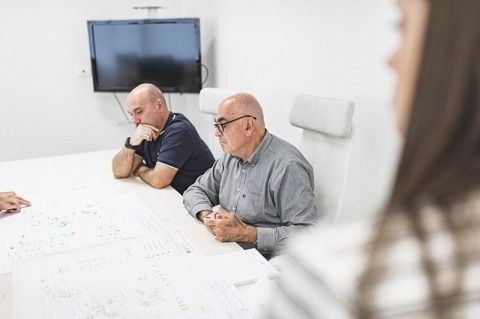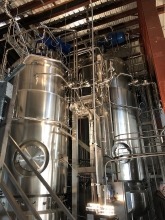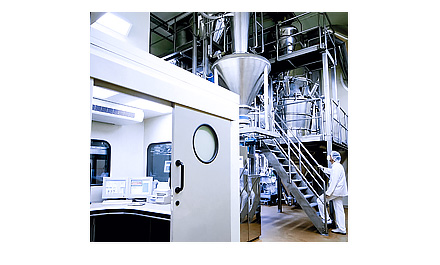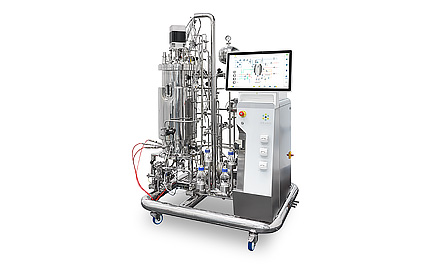Feasibility Study
Cost and Feasibility Analysis of Bioreactor and Fermenter Systems and Related Industrial Plants

Solaris can assist and support its clients in the design of process equipment and plants through the design of feasibility studies, aimed at the identification of the costs related to the realization of certain projects.
The feasibility study is the result of a series of analysis and evaluations aimed at defining a certain project feasibility and thus its concrete technical and economical realization.
What Is Included In A Solaris Biotech Feasibility Study?
The Feasibility Study includes the design of:
- Process flow diagrams indicating the main system control logics (Process Flow Diagram)
- Data tables of all the equipment involved in the production process (Equipment Data Sheets)
- Time / labour diagram of the production cycle (Production Cycle Diagram)
- Definition of row materials of the duty cycle.
- Definition of quantity, size and cost of all the equipment involved in the process.
- Production cost estimates.
What is techno-economic (TEA) analysis in Bioprocess?
TEA analysis is done to evaluate the economic performance of the bioprocess which considers fixed costs, variable costs, and operating costs of upstream and downstream stages for the estimation of cost price of the product and minimum product selling price. Reusable bioreactors are considered as fixed cost, while the variable costs are mainly media components, maintenance and consumables used during the downstream processing.
The main involved activities are:
- Definition of the utilities and its consumption
- Definition and quantity of effluents
- Process heat balance
- Elaboration of Process Flow Diagrams
- Equipment list
- Preliminary equipment dimensioning
- Investment estimation
- Costs estimation








